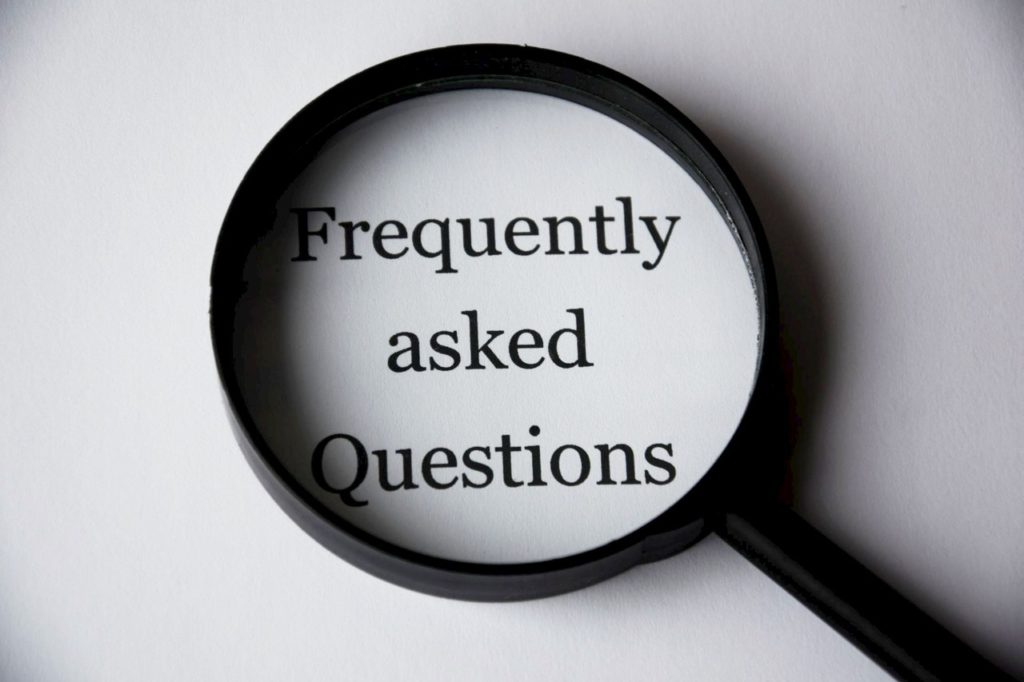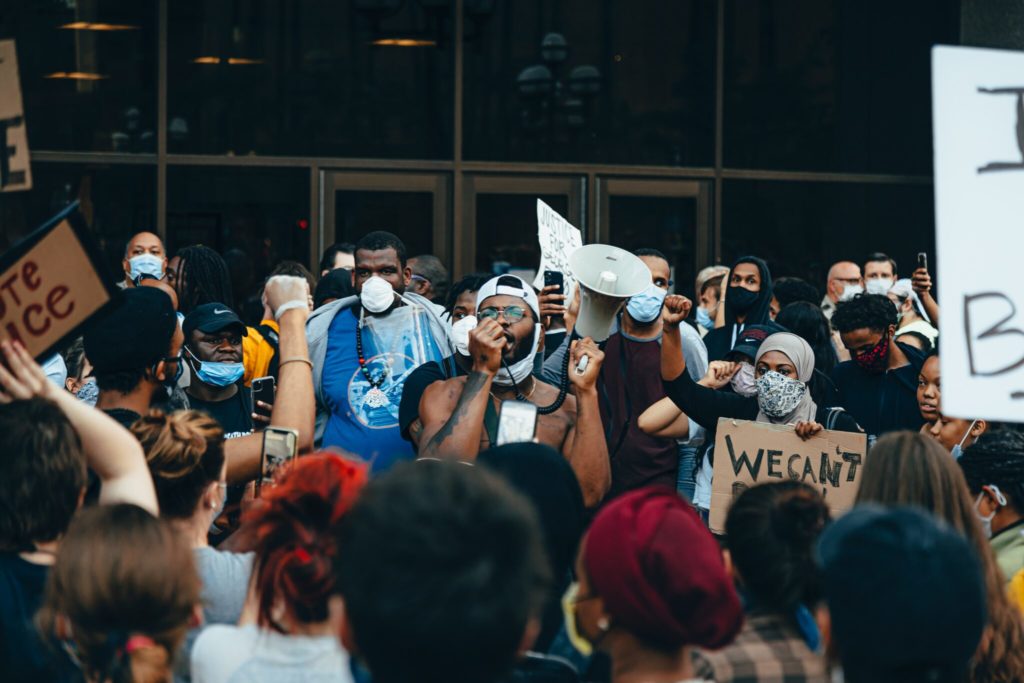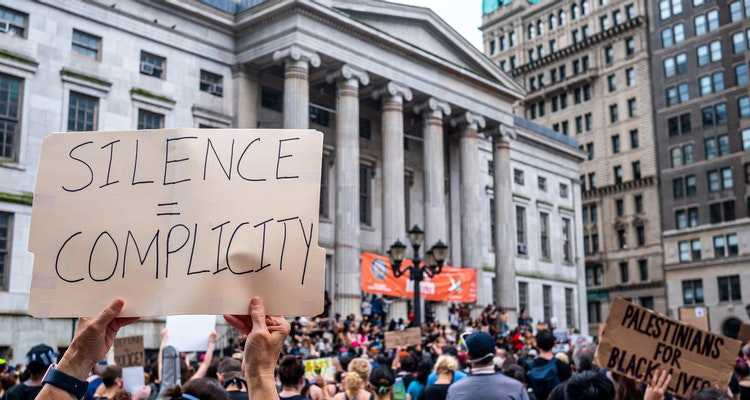Ending White Racism is Self-Care
RAFT Team, June 10, 2020
The following is a message to White Advocates from a former RAFT Team Member. Read her message to Black Advocates HERE.
When recorded acts of racial violence surface on social media, white people are shaken out of the “reality” they live in. And for the most part (or at least I’d like to believe for the most part), white people respond with shame, guilt, and awkwardness toward people of color. What are some ways white people can end white racism?
What can I do to help? How can I learn? What do I read? What do you need? How do I act? How are you? Isn’t this crazy?
The questions never seem to end. Though the questions are well-meaning, “quiz”-versations with people of color have to stop. I don’t know of any instance where Q+A led to a revolution. Do you?

My white friends are stumped when I tell them that one of the best things they can do for me is to take care of themselves. And no, not a spa day. I’m talking about an intentional and sustained practice of freeing yourself from the belief, and complicitness in the belief, that racism is okay.
So, here are some steps that’ll help cement ending racism as part of your lifelong self-care routine.
Go after and educate your people.
You don’t accrue “white ally brownie points” by demonstrating that you are better than other white people. Sorry. That is not how racism will end. You need to lean in and pull in the white people who don’t get it (and be humble, because you still don’t get it). You need to have those hard conversations over Thanksgiving dinner and on Facebook with your families, and not unfriend them. That doesn’t solve the problem. Racism still exists! You need to educate them and yourself on POC histories from sources that are complex and where white people are not deified. Anything less than this is just leaving more work for POC to do and you with the illusion of Super White Ally.
Deal with the shame.
This feeling is not inherently bad, but it is not useful to POC. You don’t need to completely “fix yourself” before you support or engage with POC, but you do need to have an outlet for your shame. Lean on your loved ones, a support group, or a therapist where you can deal with the feeling in a healthy way. Shame is an indicator that something is wrong in our society, but it is not good fuel for sustainable self-care, racial justice, and ending white racism.
Build and deepen relationships with POC.
More often than not, racism places you in positions of power over people of color. As advocates, you are in a unique position where you are both a servant to POC survivors and an advocate with power and resources that POC survivors can’t access without you. Be mindful of dynamics like these. Make sure they don't serve as the only means through which you relate to POC in your life. Listen deeply to POC, ask genuine questions, follow through with healthy expectations, and share about yourself without making everything about yourself. Relationships are key to ending racism and vital to any self-care routine.

Support and follow the leadership and minds of POC.
It is very hard for white people to follow POC leadership because racism makes you believe that you are smarter and do things better. Well, if this were true, racism would have ended by now. So here are some practical ways you can support POC right now as they make successful gains to end systemic racism and police brutality:
- Donate to the families of George Floyd, Ahmaud Arbery, and Breonna Taylor; and bail out projects in your state.
- Research and spread real news to counter fake or warped news on social media regarding the peaceful protests and the POC who organize them.
- Join and volunteer with organizations advocating against police brutality and racial injustice, such as Showing Up for Racial Justice.
- Explore an online library of anti-racist resources.







